Shutdown in occupied Kashmir to protest Modi visit
Authorities cut mobile internet services, order curfew in parts of Srinagar
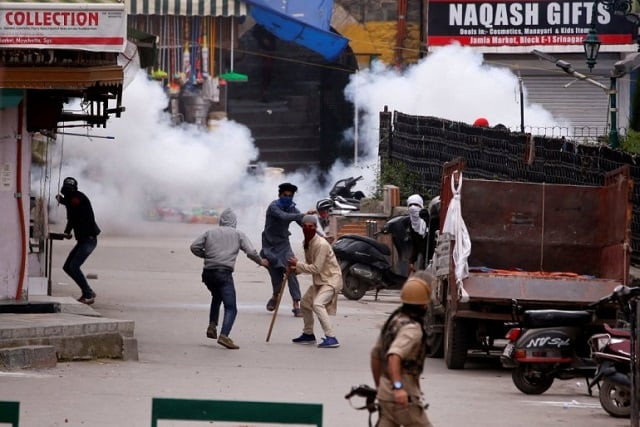
Demonstrators hurl stones towards Indian police, during a protest against the recent killings of Palestinian protesters on the Gaza-Israel border and the US embassy move to Jerusalem, in Srinagar, May 18, 2018. PHOTO: REUTERS
Shops shut and streets in the main city, Srinagar, were empty except for police and paramilitary patrols as authorities imposed maximum security for Modi's one-day visit.
Authorities cut mobile internet services in the region and ordered a curfew in parts of Srinagar.
Separatist groups opposed to Indian rule of Kashmir called for a strike and a protest march to a city square. Main roads leading to the square were barricaded by razor wire to stop anyone getting in.
Modi faces backlash during London visit over Kashmiri girl’s rape, murder
"We are not taking any chances. We'll do everything to keep them [seperatists] at bay," a top police officer told AFP on condition of anonymity.
Authorities closed schools, colleges and universities for the day in case of student protests. The main venue for Modi's visit to Srinagar, the Dal Lake tourist attraction, was made out of bounds to the public.
Modi started the tour in Leh, a remote high-altitude desert area popular with trekkers, where he inspected work on a 14 kilometre (nine mile) long tunnel connecting the Kashmir valley with the Ladakh region that is cut off in winter.
"I thank the wonderful people of Leh for the warm welcome. I am delighted to be here," Modi said on Twitter.
He went on to inaugurate the 330 megawatt Kishanganga hydropower project in Gurez. The power station is near the de facto border with Pakistan, which says the project violates the 1960 Indus Water Treaty on sharing waters from the Himalayas.
The World Bank organised two rounds of talks between the rivals on Kishanganga without resolving their differences.
"This intransigence on part of India clearly threatens the sanctity of the treaty," the Pakistan foreign ministry said in a statement Friday.

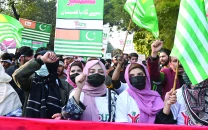
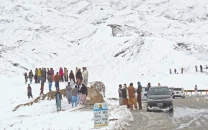
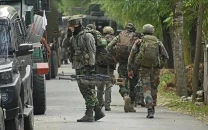
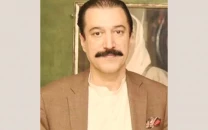
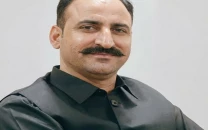
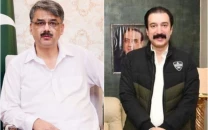












COMMENTS
Comments are moderated and generally will be posted if they are on-topic and not abusive.
For more information, please see our Comments FAQ